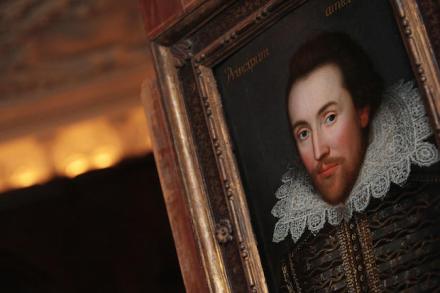Women don’t need feminist instruction manuals
Another day, another instruction manual is published on how to be female. ‘Girl Up’ by Laura Bates, author of ‘Everyday Sexism’, is out this week. It is intended to be a handy guide for women on all the ‘lies they told us’. Who are they? ‘They’ means anyone who disagrees with the contemporary feminist line: that women are weak, vulnerable and oppressed. But ‘Girl Up’ is merely the latest instalment in a series of feminist manuals. It began in 2011 when Caitlin Moran – the world’s most annoying woman – published ‘How To Be a Woman’. Ever since, media savvy feminists have continued to reel out book after book of female


















